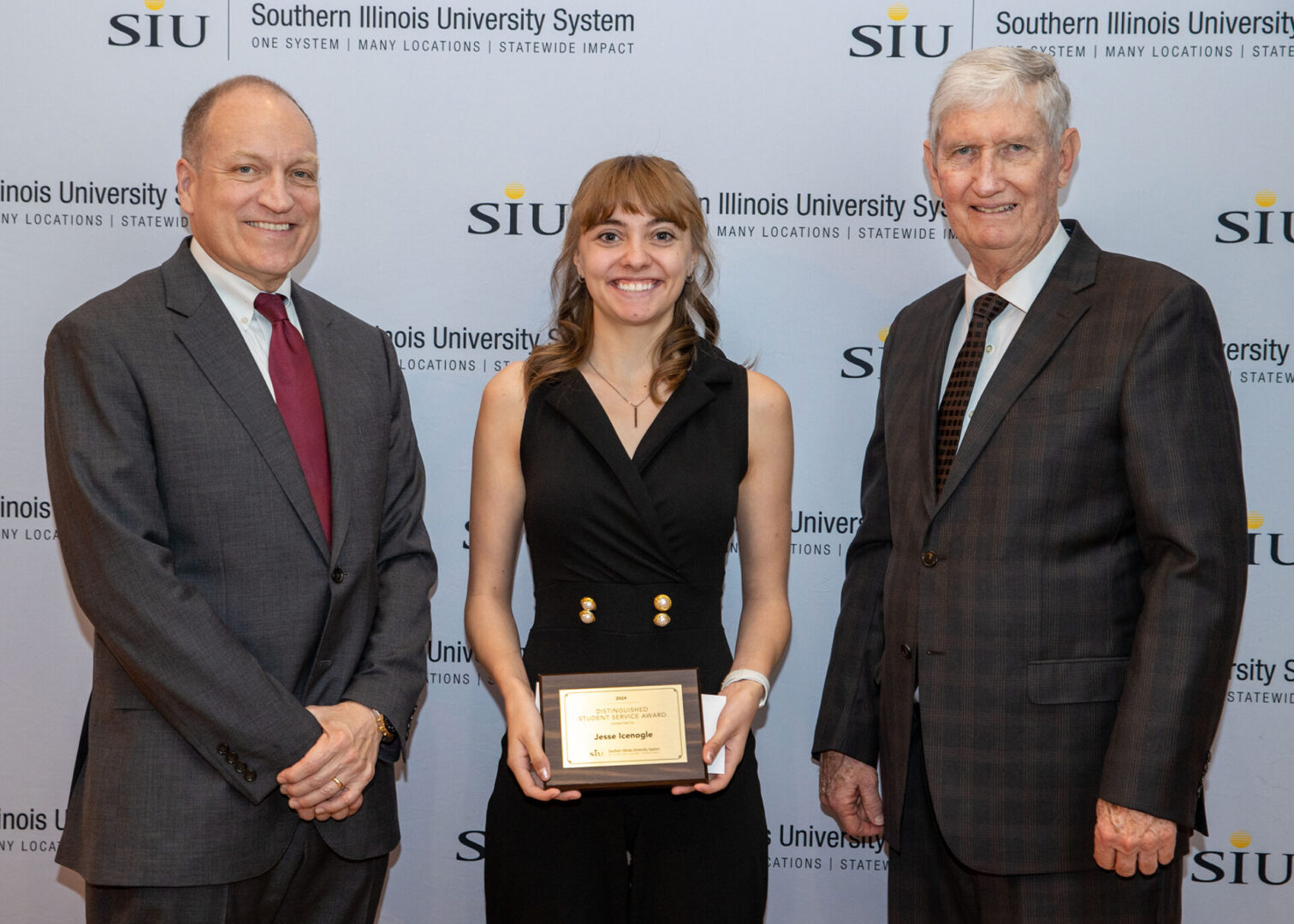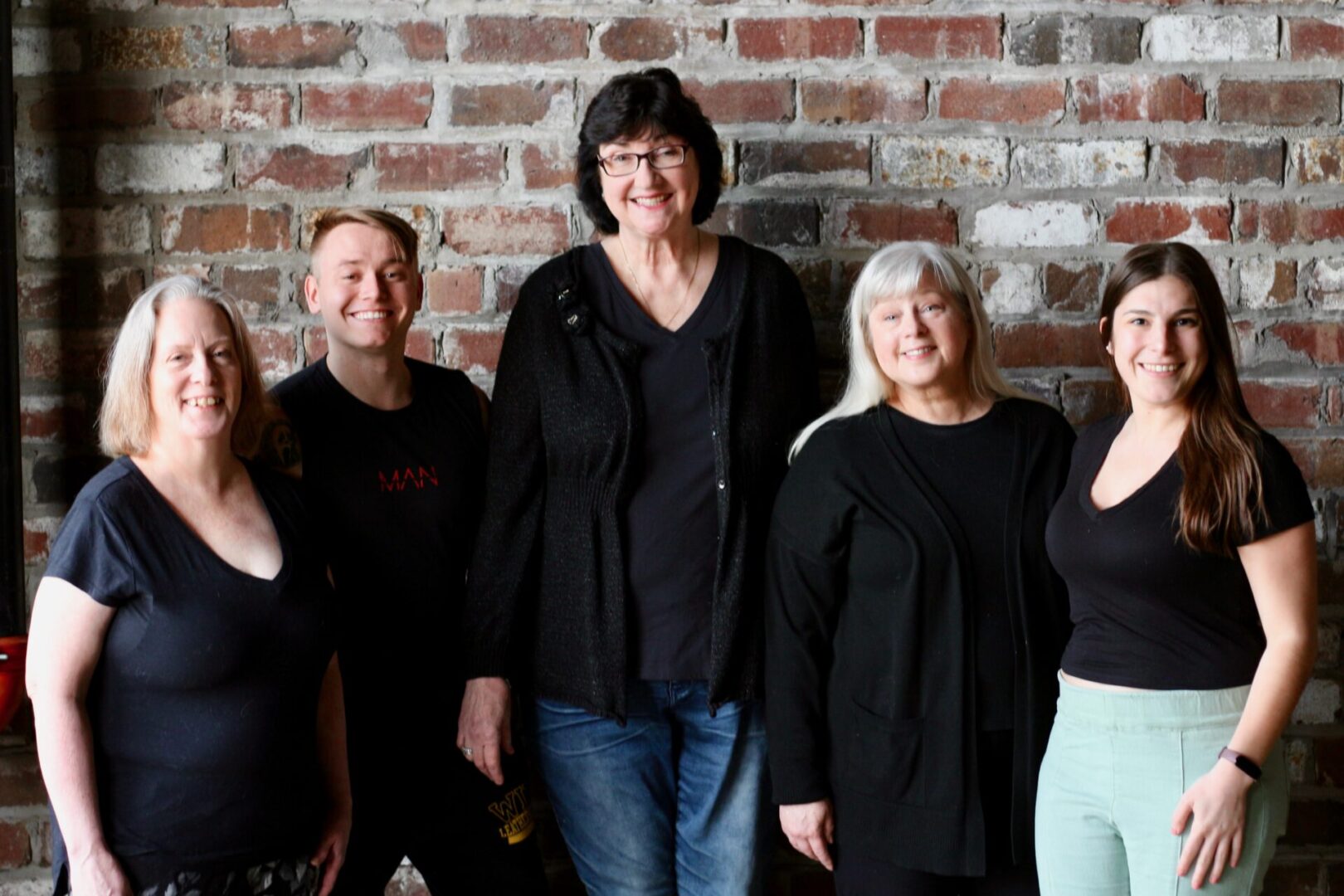Story Courtesy of Jeff Rankin, Monmouth College Historian Author and Literacy Critic.
America has always loved spectator sports, so it’s not surprising that in the days before organized athletic teams, horse racing was hugely popular, as was a unique competition involving men and machines—firemen’s races. The rivalries between cities were intense, as engine companies, hose companies, hook-and-ladder companies and marching bands took intense pride in having the finest polished brass equipment and the most coordinated teams.
Races resembled obstacle courses, as firemen would run the length of three or four football fields, then erect and climb a ladder, or lay a hose, or shoot a stream of water the longest distance.
Monmouth’s pride and joy was the Rough and Ready hook and ladder company, organized in 1868. Consisting of about two dozen volunteers, it won the state championship for three consecutive years beginning in 1876.
Also capturing a state title, in 1877, was Monmouth’s Major Holt Engine Company, named in honor of Mayor Jacob Holt, who purchased its engine in 1875. The company competed in the chemical-engine category, throwing a continuous stream of water for 20 minutes a distance of 65 feet, 9 inches. The chemical engine was a short-lived technology, in which soda bicarbonate and sulfuric acid were mixed to create carbon dioxide gas that provided pressure to propel the water. The fireman’s obsession with polishing brass partially stemmed from having to keep the engine’s tanks from corroding.
In 1877, the Illinois State Firemen’s Association selected Galesburg to host its annual competition. On Thursday, Aug. 30, 32 companies of firemen and four bands marched in procession through the streets of Galesburg. An estimated 15,000 spectators attended the two-day event.
The first afternoon, Monmouth competed in the hose competition and took first prize with a time of just under 65 seconds. But that victory would be short-lived, as the second-place Decatur team filed a complaint that Monmouth’s “coupler”—the team member that connects hoses—failed to properly secure one of the couplings. In fact, he had made the proper connection, but as celebrators came to congratulate him after the race, the coupling came loose. Monmouth Chief Joseph Boynton appealed to the Board of Control, but all the judges weren’t present and the appeal failed.
Engine contests were held on the following day, and Monmouth took first in chemical-engines, beating Kewanee by a distance of 12 feet. Monmouth also took a $50 prize for having the best chemical engine, purchased two years earlier from the Champion Fire Extinguisher Co. of Louisville, Kentucky, and having both hose and ladder attachments.
In the hook-and-ladder competition, the Monmouth Rough & Readys ran 300 yards, raised their 30-foot ladder, and a man ascended, grasping the top rung in 55½ seconds. Their prize was $150 and the State Championship Belt.
The competition concluded with the grand sweepstakes race for hose companies—carrying 300 feet of hose and running 1,100 feet. Monmouth took second to the Wide-Awakes of Pekin and won a beautiful silver trumpet.
In the business meeting that followed, Chief Joseph Boynton of Monmouth was elected the organization’s first vice-president and Fire Marshal Benner, chief of the Chicago fire department, pronounced Monmouth the best volunteer department in the state.
Returning to Monmouth Friday evening, the champions were honored by the ladies of Monmouth with a banquet at the Baldwin House. At 9 p.m., the firemen arrived in procession, headed by the Fourth Regiment Band, which was judged the best band at the tournament. Mayor Jacob Holt delivered a congratulatory address from the hotel balcony, and he was responded to by Chief Boynton.
A sense of the intense rivalry between cities can be seen in a story about the tournament in the Monmouth Daily Review. The editor commented on a report in the Burlington Hawk-Eye that Galesburg’s Rescue Hook and Ladder Company got a raw deal because they started at the wrong tap of the bell and had to run the race again, after having an hour to rest.
“These pigmies in endurance,” the editor wrote, “ought to have had time to go home and be rubbed down by their mama’s, and cuddled in bed till their exhausted energies were equal to the monstrous effort of running another 1100 feet. The Monmouth boys are not made of the stuff that exhausts in a single race of this description. The Rescue had better arrange for a race a la mule, the slowest to win. If they start at the wrong tap then they can repeat the race without killing themselves. As to their drawing five hundred pounds more than other companies, the Monmouth boys have the money which says they can outrun any other hook and ladder company in the State with equal weights.”
The following year saw Monmouth’s state champion Rough and Readys compete in the National Fireman’s Tournament at Chicago, along with the Fourth Regiment Band. In the hook and ladder races, Monmouth came in second to a company from Norwalk, Ohio, losing by an average time of just half a second. Believing they could have done better, they offered the Ohio team $300 for a chance to compete again, but the offer was declined.
The Monmouth band was awarded the first prize of $250 and Monmouth’s Joseph Boynton was elected president of the Illinois Fireman’s Association. A stonecutter by trade, the highly popular Boynton was a charter member of Monmouth’s volunteer firefighters, who served 12 years as Monmouth fire chief and two terms as Warren County sheriff.
Monmouth pulled out all stops for welcoming home the ladder company and brass band. At 5 p.m., the mayor, aldermen, firemen and citizens marched form the firehouse to the depot, led by a martial band. At the front of the procession was a banner bearing the figures “48½”—the time turned in by the Rough and Readys.
An estimated 2,000 well-wishers crowded the platform as the train arrived from Chicago. A procession was formed and marched to the public square, where the hook-and-ladder company and band were welcomed with speeches. The champions were then taken to the firehouse, which was decorated with flags and evergreens, and a banner across the street with the words “Welcome Home” spelled out in evergreens. They were then served an immense dinner, prepared by the ladies of Monmouth.
Future championships would be won by Monmouth firefighters in 1880, 1881, 1894 and 1895.
For Maple City Memories, I’m Jeff Rankin.














